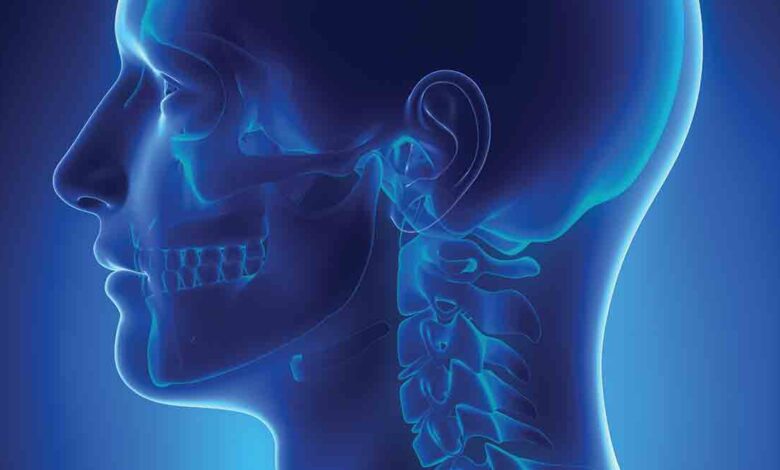Injectable Therapy For TMJ Syndrome

The Temporomandibular Joint Syndrome or TMJ Syndrome refers to a condition that is generally characterised by jaw pain and tension. The TMJ condition occurs when the cartilage that serves buffer between connecting jaw bones gets damaged or worn out – causing lockjaw and headaches. One of the leading causes is teeth grinding and clenching, while bite problems, stress and antidepressant drugs are known to exacerbate TMJ Syndrome. The jaw condition can be treated with a host of solutions including dental devices, jaw movement exercises as well as surgery, which is normally recommended as a last resort. In recent years, patients are also reporting positive results from the use of injectable medication. The conservative treatment works by relaxing the masseter muscle in order to stop the bruxism (grinding and clenching).

The TMJ condition occurs when the cartilage that serves buffer between connecting jaw bones gets damaged or worn out – causing lockjaw and headaches.
The injectable therapy used in the treatment of TMJ Syndrome was previously used to counter issues with muscle spasticity including eyelid spasm and crossed eye syndrome. It is a minimally invasive treatment that is considered very reliable and safe as a solution for your jaw pains and bruxism.
Here are some facts as well as pointers to take note of if you are interested to find out more about this treatment method.
Minimally invasive:
The treatment typically takes around 5 or 6 injections into the masseter muscle, and involves a relatively painless process.
Finding the right physician:
If you have difficulty locating a dentist with the relevant experience to administer the treatment, that is because it is a relatively new treatment option, or your dentist doesn’t offer injectable treatments. Dentists who are versed in TMJ issues will be familiar with the intricacies of the problems and are sufficiently trained to administer this conservative treatment in a safe clinical environment.

Dentists who are versed in TMJ issues will be familiar with the intricacies of the problems and are sufficiently trained to administer this conservative treatment using sanitised tools in a clinical environment.
Do your homework:
Make sure that your dentist is adequately trained and has performed this injectable treatment before.
Suitability:
You may be asked to complete a medical report to make sure you are suitable for treatment. It is important that you share your medical history with your dentist in an honest and open manner, as the treatment may interfere with other substances that you are taking.
If you are suffering from TMJ syndrome, you may be able to benefit from injectable therapy.
Additional TMJ syndrome treatments:
The injectable treatment provides temporary relief so you may return for additional injections every three months or so during the initial treatment period, but the frequency of visits will decrease over time.
If you are suffering from TMJ Syndrome, you may benefit from injectable therapy. However, it is important to note that every patient is different and a professional assessment by your dentist is necessary to ensure that injectable TMJ treatment would be an appropriate treatment for you.